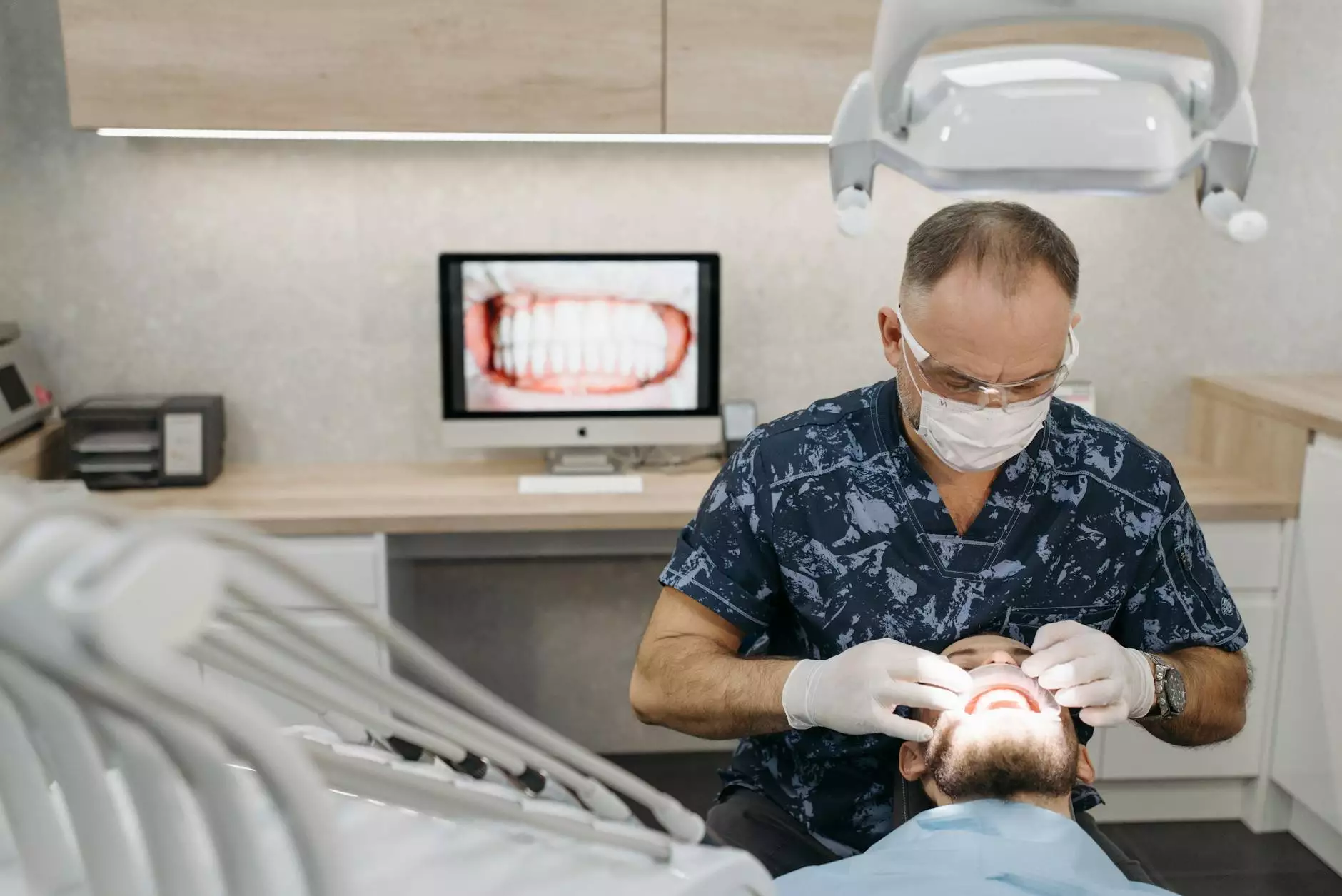Exploring the Benefits and Opportunities of the Biomedical Incubator Space

The landscape of biomedical innovation is evolving rapidly, prompting a surge in the establishment of biomedical incubator spaces. These specialized environments are designed to support the growth and development of startups and emerging companies within the health and medical sectors, especially in areas like alternative medicine and laboratory testing.
What is a Biomedical Incubator Space?
A biomedical incubator space is a collaborative workspace specifically tailored for companies focused on health-related innovations. These incubators provide essential resources, mentorship, and infrastructure that early-stage businesses need to transition from ideas to market-ready products.
Key Features of Biomedical Incubators
- State-of-the-art Facilities: Incubators often come equipped with advanced laboratory spaces, enabling startups to conduct critical research and development.
- Access to Funding: Many incubators have partnerships with investors and venture capitalists, providing startups with vital funding opportunities.
- Networking and Mentorship: Incubators connect entrepreneurs with experienced mentors, peers, and industry contacts that can accelerate their growth.
- Business Support Services: These spaces typically offer access to legal, marketing, and business development resources to help startups navigate the complexities of launching new products.
The Importance of Biomedical Incubator Spaces in the Health Sector
In the health sector, where innovation is crucial for improvements in patient care and treatment, biomedical incubator spaces play a vital role. Here’s how:
Fostering Innovation
Innovation in health care is often driven by new technologies and methodologies. By providing a nurturing environment, biomedical incubators enable startups to innovate without the hefty overhead costs typically associated with establishing a lab or research facility.
Accelerating Product Development
With access to specialized equipment and expert guidance, incubators help startups accelerate the product development process. This support can significantly reduce the time it takes to move from the concept stage to product launch.
Restoring Confidence in Healthcare Solutions
With the rise of alternative medicine and preventative health approaches, biomedical incubators offer a platform for legitimate research and development. This encourages confidence and trust in emerging health solutions among consumers and health professionals alike.
Success Stories from Biomedical Incubator Spaces
Across the globe, numerous companies that started in biomedical incubator spaces have gone on to make significant impacts in the health industry. Here are a few noteworthy examples:
Case Study 1: Innovative Drug Delivery Systems
A startup specializing in drug delivery systems began its journey in a renowned biomedical incubator. Leveraging the incubator's resources and mentorship, the company successfully developed a novel delivery method that enhanced the efficacy of existing drugs. As a result, they secured funding from major pharmaceutical companies and are now in advanced clinical trials.
Case Study 2: Advanced Diagnostic Tools
Another success story comes from a company that developed a cutting-edge diagnostic tool for early disease detection. Through the collaborative environment and access to state-of-the-art technology in their incubator, they were able to achieve regulatory approval faster than their competitors, setting a new standard in the industry.
How to Choose the Right Biomedical Incubator Space
When seeking a suitable biomedical incubator space, there are several factors to consider:
Location
Proximity to research institutions, hospitals, and healthcare networks can enhance collaboration and resource accessibility.
Facilities and Equipment
Ensure the incubator has the necessary laboratory equipment, clean rooms, and other infrastructure suitable for your specific projects.
Support Services
Evaluate the level of business support, such as access to legal and financial advisors, that is available to incubatees.
Network Opportunities
Consider the mentoring opportunities and networks that the incubator can provide, as these can be crucial for your company's growth.
The Future of Biomedical Incubator Spaces
The future of biomedical incubator spaces looks promising as the demand for innovative health solutions continues to grow. Here are some trends shaping the landscape:
Increase in Virtual Incubators
The rise of technology has given birth to virtual incubators that provide remote guidance and support, making it easier for entrepreneurs in any location to harness the resources they need.
Focus on Sustainability
Biomedical incubators are increasingly prioritizing sustainable practices, integrating green technologies, and promoting eco-friendly processes in their operations and the startups they support.
Collaboration with Established Healthcare Institutions
Partnerships between incubators and established healthcare institutions are expected to increase, allowing startups access to clinical environments that can facilitate product testing and validation.
Conclusion: The Critical Role of Biomedical Incubators in Health Innovation
In conclusion, biomedical incubator spaces are not just a trend; they are a crucial component of the modern healthcare landscape. By providing startups with the tools, resources, and networks necessary for success, these incubators are helping to foster the next generation of health innovations. As the industry continues to evolve, the role of incubators will undoubtedly expand, driving advancements in health and medical science for years to come.
For more information about the opportunities available in this field and to explore how you can engage with a biomedical incubator, visit bioinc.org.









